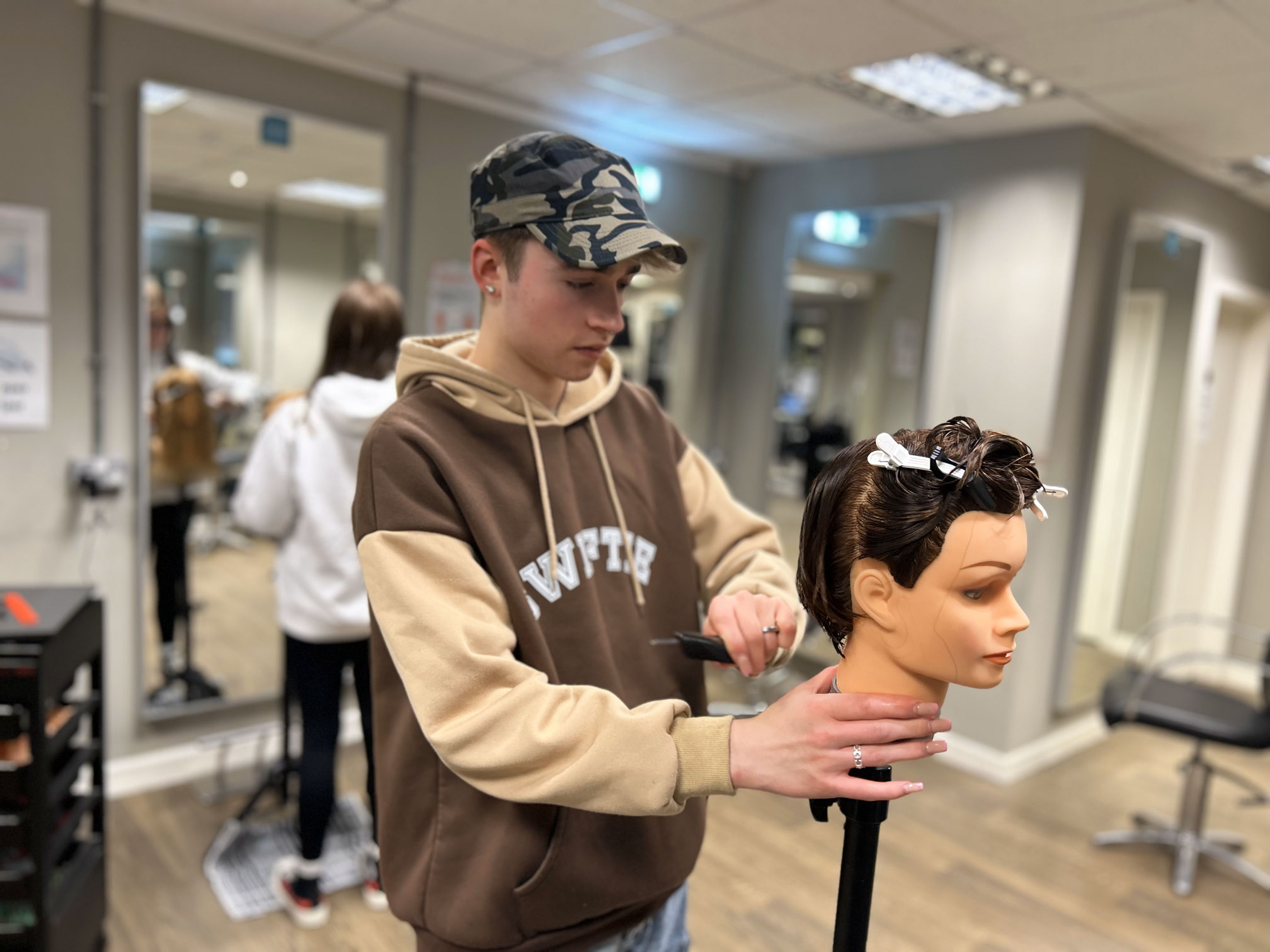Bethan Maund, Head of Apprenticeships at ACT, says there has never been a better time for the workforce to upskill than now. With Coronavirus forcing businesses, schools and the whole education system to shut temporarily, we are being forced to adapt and find new solutions to the crisis.
With Qualification Wales and the awarding bodies working closely with training providers to issue new guidance on adaptations to assessment methods, digital learning looks set to become a central feature in learning and development moving forwards. With the world around us changing rapidly now is a great time for employers to consider how they can adapt and develop, not only as a business, but also how best they can plug skills gaps using their employees.
Here are just four of many ways digital learning is an effective way to upskill for the future.
Higher engagement
Studies from IBM have shown that participants learn five times more material in online learning courses using multimedia content than in traditional face to face courses. With many of us balancing busy lives, giving learners the autonomy and control to fit studying around their own schedules, enables them to work at their own speed. Generally, learners work faster online than they would do otherwise, and often take in more information. Concerns that employees will not commit and do the work are completely unfounded. 98% of learners on our Apprenticeship programmes are engaging online. Normally people are busy at work and it is hard for them to find the time to complete a piece of work or do an assessment. The lockdown and working remotely from home, has enabled our learners to complete coursework in their own time and steam ahead with their qualifications.
Accessibility
Learners often struggle to balance their workload with home life, and schedule in time to attend work related courses. The time spent travelling to and from classes can be an obstacle to learning for both employers and employees. A Brandon Hall report on eLearning within corporations found that remote learning typically requires 40-60% less employee time than learning in a traditional classroom setting. It also means learners can break up their work and chip away at sections of their course at times that work best for them.
Interactive digital Support
There are often concerns that learning remotely can be an isolating experience. With Microsoft Teams, Google Classrooms, Nearpod and a whole array of digital platforms and learning support tools now available, it has never been more engaging to learn online. Using Classroom Nearpods (an interactive learning experience that engages everyone simultaneously on their devices) learners are given real time quizzes and collaborations where they can post answers and questions anonymously and get immediate feedback. Assessors can see who posted the answers and flag areas that students are struggling with and provide more information. It removes the fear of speaking out and is a great confidence builder for learners. Using tech in teaching not only improves the learners own digital skills and knowledge but it genuinely enhances the learners experience. It provides learners with more responsibility for their learning experience and avoids a lot of confusion. It also helps keep the classroom experience fresh and exciting for assessors too.
Regular assessment
As well as learning at their own pace, learning online also means assessments become more of a frequent and ongoing part of the process. This is good news for students as regular assessment and check ins with assessors can improve student engagement and enables employers to see how well their employees are progressing. It also enables assessors to spot when a learner is struggling and step in to provide assistance and support.
We are heavily invested in offering digital solutions and alternatives to employers and learners seeking to upskill their workforce. With the world around us constantly changing, it goes without saying education must move with the times too. On enrolling with us, 100% of apprenticeship learners receive a OneFile digital portfolio at sign up. This portfolio includes all framework content and induction programmes. The system is available as both an online platform and a mobile app and the ease of use and accessibility allows all learners with little experience of technology to access their portfolio from either their phone or desktop. Assessors provide one to one tutorial support both over the phone and through video conferencing. The beauty of online learning is that learners can undertake assessments and knowledge criteria through the OneFile system at a pace that works for them. The system and procedures also allow for employers and managers to be actively involved in the programme and to monitor how employees are progressing.






